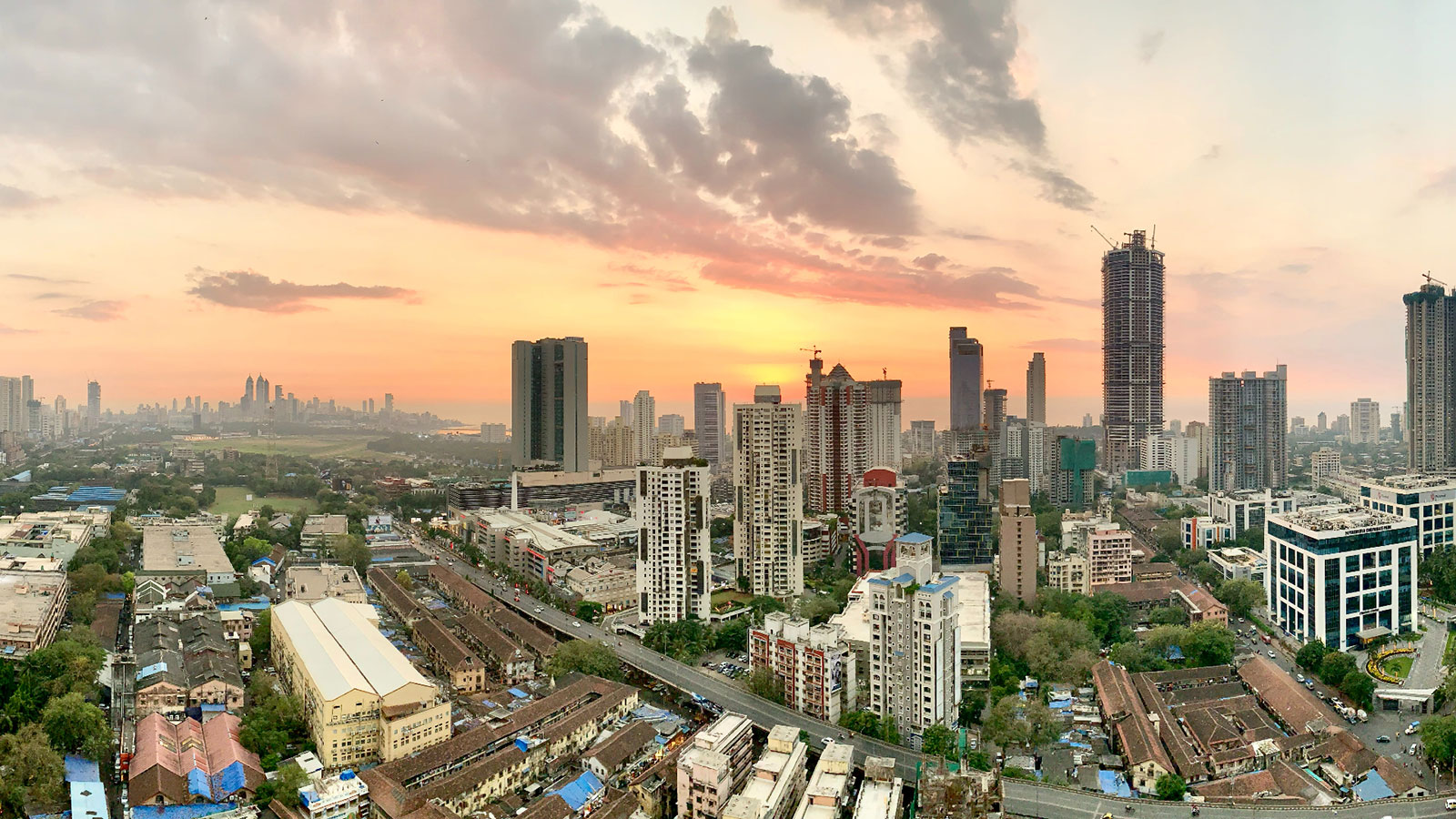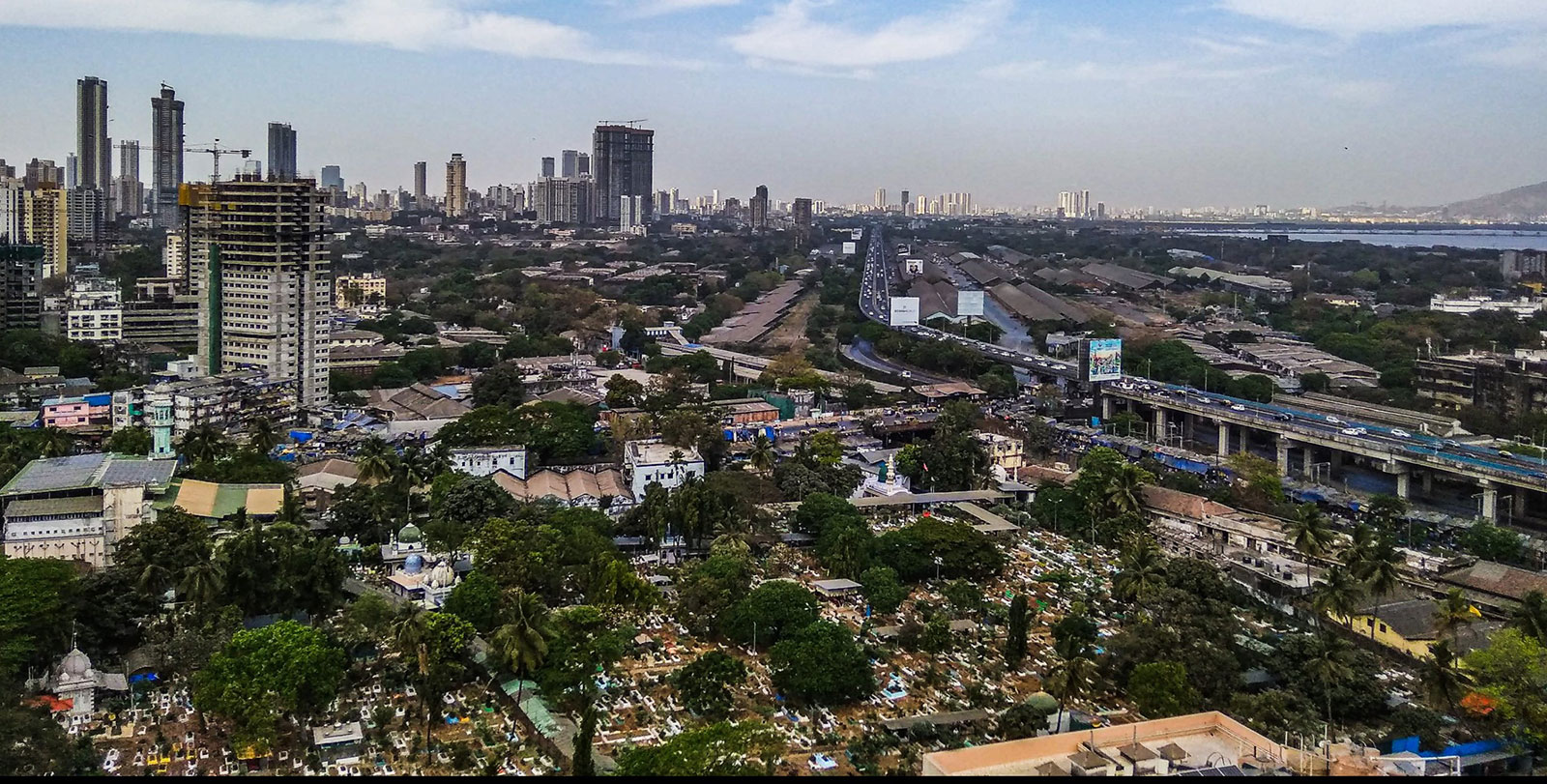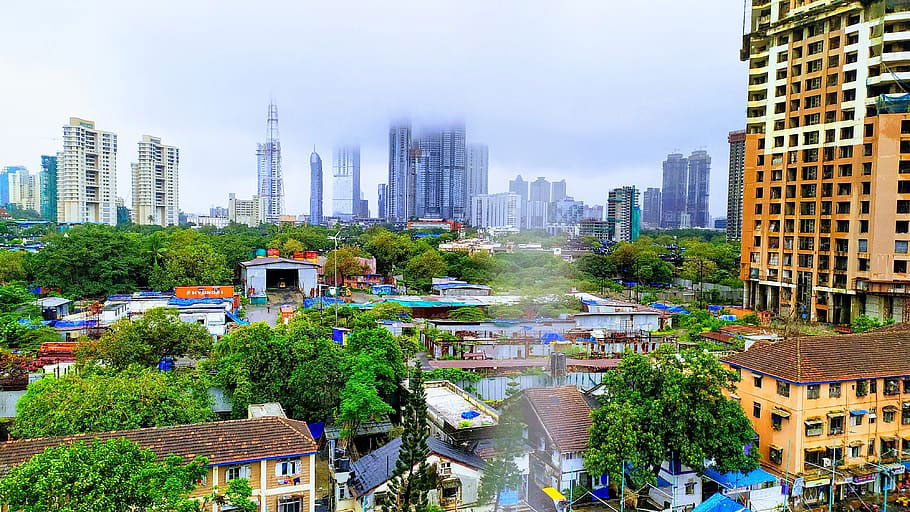Addressing Mumbai's Housing Crisis through Self-Redevelopment
The re-introduction of the self-redevelopment scheme is a promising avenue to empower citizens and improve the city's housing landscape.
Mumbai has over 16,000 cessed and dilapidated buildings - some close to a hundred years old - that need to be redeveloped. On May 14, the state government announced that it would constitute a separate authority to push for self-redevelopment of such buildings - a solution to the city's housing crisis that involves societies of residents living in these buildings undertaking the redevelopment. Deputy chief minister and housing minister Devendra Fadnavis said the government has set up a special cell for self-redevelopment to ensure that proposals are approved within three months, and deemed conveyance - a significant requirement for such projects - would henceforth be issued within a month from the date of application by cooperative housing societies. The government was considering constituting a self-redevelopment financial corporation, even as the Maharashtra Central Cooperative Bank and the Mumbai District Cooperative Bank have been appointed as nodal agencies to facilitate finance for such projects. Apart from this, the administration will also extend benefits and subsidies to help housing societies and their tenants get bigger houses at lower costs.
These announcements would no doubt come as a relief to thousands living in buildings that are in dire need of redevelopment in the city. Self-redevelopment has had a bit of a rocky past: in September 2019, the Reserve Bank of India (RBI) refused permission to Maharashtra's state and district central co-operative banks (DCCBs) to finance self-redevelopment of co-operative housing societies, stating that such projects would fall under the category of commercial real estate and hence, outside the banks' primary purview of lending for activities related to agriculture and rural development. The abrupt cessation of funding caused several ongoing projects in Mumbai to come to a standstill. However, in September 2022 the Maharashtra government removed the limitations on state co-operative and DCCBs, allowing them to finance self-development housing projects.

The redevelopment of housing societies isn't a novel concept and has been promoted by successive governments over the past few decades. The traditional housing development model involved agreements between housing societies and developers to construct and hand over flats to buyers with very few added benefits. Developers utilised the balance plot potential to construct and sell additional flats and shops as per statutory body approvals. This model is lucrative for developers, but it often leads to poorly designed and constructed buildings, inordinate delays, and even abandonment of the project. These issues put housing societies and residents at risk of losing their investments with little recourse.
Consequently, a framework for the regulation of such power was put in place under the RERA (Real Estate Regulatory Authority) so developers couldn't divert funds from one project to another and, thus, increase risk. However, that isn't enough – a new and better model of redevelopment is needed.
With the re-introduction of the self-redevelopment scheme, the aim is to empower residents to take control of the redevelopment process through its entire timeline – from commissioning a suitable architectural or contracting firm and managing construction to selling the additional real estate constructed and sharing the final profits. The autonomy of the process guarantees merit in all respects; society members would reap the benefits of good quality construction, modern amenities and infrastructure, and time-bound and cost-controlled construction.
Additionally, with the developer removed from the process, there is no risk of fraud, delayed construction, or loss of area; in fact, residents can expect up to 40-50 percent increase in carpet area compared to 15-20 percent through the traditional process.
Most importantly, however, self-redevelopment can bring down the cost of the surplus apartments built (as opposed to the price inflation that occurs when a developer who is driven by profit margins is involved), creating a ripple effect in the market and ensuring housing remains affordable to the masses.

The first and the most challenging step in a self-redevelopment project is arranging for funds. The process of funding for self-redevelopment can be carried out through two methods: either by obtaining a loan from the Mumbai District Central Co-operative (MDCC) Bank, or by pooling contributions from members and availing personal loans to create a fund.
Several housing societies that have taken the self-redevelopment route have reaped the benefits of this democratic approach. For example, the Charkop Jin Prem Cooperative Housing Society in Kandivali was completed in two years and was self-funded by the residents. Another example is the Jayakunj CHS in Borivali, where each flat has 44 percent additional area.
The government announced its decision to extend the amnesty scheme to push deemed conveyance to city buildings. A conveyance deed is required to be executed to transfer the title of the land and the building to the society. It is an important document that confers the legal ownership of the common areas of a housing society and is crucial for a housing society in proving its legal ownership over the property and for undertaking redevelopment projects.
There are many instances, where builders or landowners fail to convey the title of land and building to the housing societies, owing to their personal interests. Thus, to keep a check on such practices, amendments were made in the MOFA in 2008 to appoint a ‘competent authority', the registrar of cooperative housing societies, to address the societies' grievances and protect their interest by executing deemed conveyance under section 11(3) of the MOFA.
Deemed conveyance enables a society to get permission from the planning authorities for the redevelopment of its structures.
The inclusion of banks as nodal agencies to implement self-redevelopment and the extension of additional FSI benefits to buildings abutting roads of less than nine metres will prove beneficial to several housing societies.

The inclusion of banks as nodal agencies to implement self-redevelopment and the extension of additional FSI benefits to buildings abutting roads of less than nine metres will prove beneficial to several housing societies.
By continuing to support self-redevelopment initiatives, the government can encourage a more participatory approach to housing development and help address the issues of poorly designed and constructed buildings and project delays. Such measures could lead to a more sustainable and equitable housing market, benefiting both residents and the broader community.
However, self-redevelopment also comes with its fair share of challenges. Housing societies often don't have the required documentation for redevelopment in place, which necessitates follow-ups with various authorities and the investment of funds – and becomes a time-consuming process. Additionally, non-cooperation among members or mistrust towards the managing committee or redevelopment committee members often hinders progress. In some cases, certain members have vested interests in promoting developer-driven redevelopment.
The unavailability of funds or high-interest rates for loans, particularly for initial expenses and statutory requirements before receiving the IOD (Intimation of Disapproval) from the MCGM (Municipal Corporation of Greater Mumbai) or MHADA (Maharashtra Housing and Area Development Authority), poses another challenge. Furthermore, appointing a competent team of experts to assess project feasibility realistically and oversee the entire process is crucial for ensuring success. Appointing a competent team of experts that can assess the feasibility of the project realistically and monitor the project through the entire process to ensure that feasibility is kept in check can help.
Despite these challenges, self-redevelopment projects can still thrive and deliver positive outcomes with careful management and collective efforts.
Rahul Kadri is a Partner and Principal Architect at IMK Architects, an architecture and urban design practice founded in 1957. Anuprita Dixit is the Design Director at IMK Architects.


